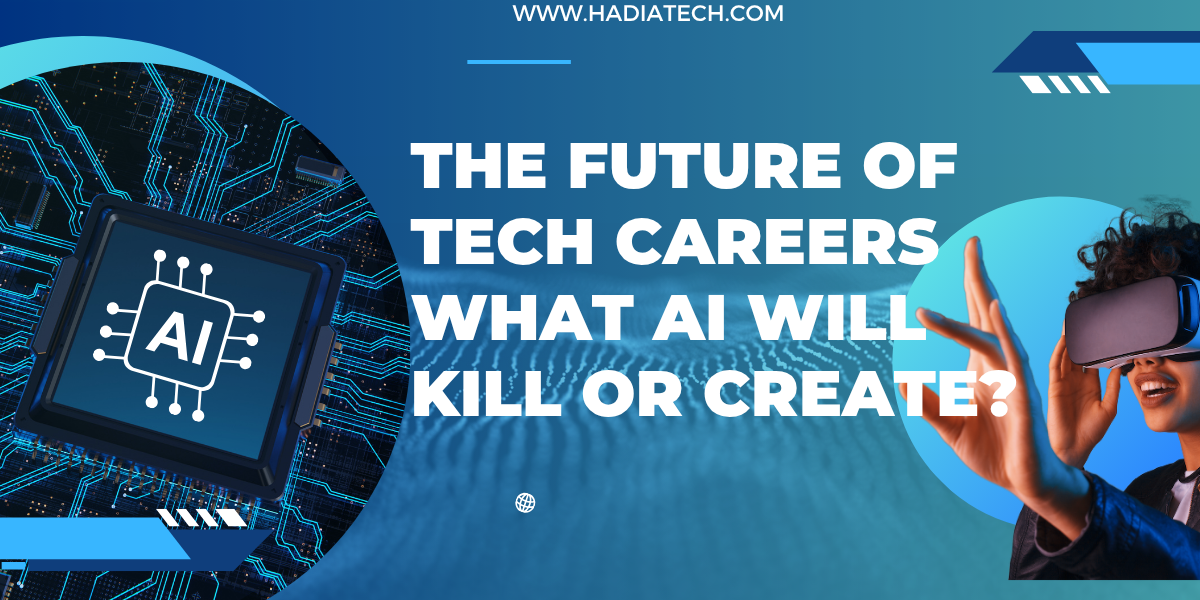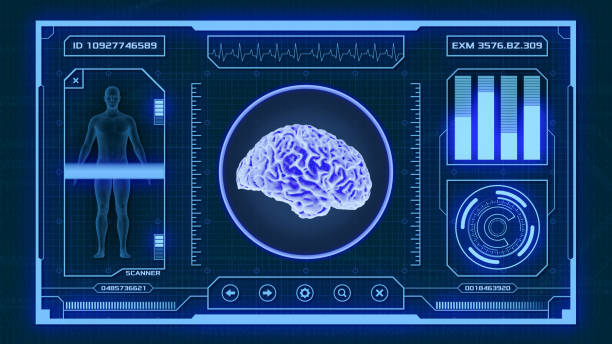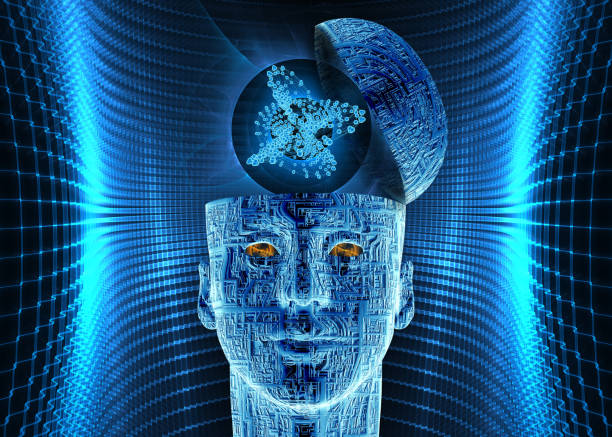The Future of Tech Careers: What AI Will Kill or Create?
Technology is transforming like never before, and artificial intelligence (AI) is shattering the limits. As AI continues to break new ground, it is revolutionizing the workplace, creating waves regarding what jobs will be killed and what jobs will be created. To entrepreneurs, students, and technologists, it is crucial to understand the future of tech careers in the era of AI. Is AI to replace traditional jobs, or open up innovative new opportunities? Let us talk about the role of AI in existing tech jobs, the needed skills, and what the future holds.

The Impact of AI on Existing Tech Jobs
AI’s ability to automate repetitive tasks is already disrupting traditional tech roles. Jobs that rely heavily on routine processes, like data entry, basic coding, and system administration, are at risk. For instance, AI-powered tools can now write simple code, debug software, and manage databases with minimal human intervention. According to a 2023 report by McKinsey, up to 30% of current tech jobs could be automated by 2030, particularly those involving predictable, rule-based tasks.
Technology careers like quality assurance testers and low-level web designers can see their demand decrease as AI sites take over the role of bug hunting and site building. Low-level customer support technologies in the tech industry are also likely to be in danger, as chatbots and virtual assistants guided by AI respond to questions with greater intent. The same technologies also pose the risk of taking entry-level technology professionals out of their jobs, since they typically start out in such roles in order to learn.
New AI Careers
AI is not a job killer—it’s a job generator. AI development is generating a demand for fresh jobs and specialties. AI is projected to generate 97 million new jobs globally by 2025, and most of them will be tech-based. Some of the most urgent areas where AI is generating employment are:
1. AI Development and Engineering
Experts should carry out its development and improvement. AI builders, machine learning engineers, and data scientists are in greatest demand. They create algorithms, train models, and bring AI systems to life. Companies across any sector, from healthcare to finance, are hiring AI specialists to integrate smart solutions into their business.
2. AI Ethics and Governance
With the increasing use of the planet by AI, ethics in form of bias, privacy, and transparency dominate the agenda. The consequence is that a new array of professions has emerged, including AI ethicists, AI governance experts. The kind of experts ensure AI systems are fair, faithful to laws, and aligned with societal values. Technology firms care about ethical AI, and this presents new career opportunities for technology, law, and policy professionals.
3. AI Implementation and Integration
Technical professionals need to bridge the gaps between technology and business in implementing AI solutions. AI integration specialists and consultants enable businesses to implement the deployment of AI tools, customize solutions, and train employees. Technical skills and business acumen that are best suited for technical professional job roles with diversified skill profiles are required in these positions.
4. Human-AI Collaboration Specialists
As human workers are increasingly supplemented by machines, new careers are arising to bridge people and machines. AI trainers, for instance, have the task of instructing AI systems on how to understand human language and behavior, and human-AI interaction designers create user interfaces for AI technologies that are intuitive to use. These careers depict the necessity of bringing technical expertise together with imagination and empathy.
5. Cybersecurity for AI Systems
As AI technologies handle personal information, cybersecurity has never been so crucial. Expert professionals in AI security careers must protect AI models from dangers like data poisoning and adversarial attacks. Those domains demand understanding of both AI and cybersecurity, making them promising professional career paths for technology specialists.

Skills for the Future of Tech Jobs
To thrive in the AI-focused tech culture, professionals will have to develop strengths that support AI skills but don’t oppose them. The key skills that will define the future of work are below:
AI Literacy: Having a general knowledge of how AI works and how to best use it is vital. Familiarity with machine learning libraries like TensorFlow or PyTorch may be helpful.
Data Analysis: AI is data-driven, and knowledge of data gathering, cleaning, and analysis is priceless. Python, R, and SQL are the necessary skills.
Problem-Solving and Creativity: Human creativity and high-level problem-solving skills cannot be replaced by artificial intelligence. Innovative, critical-thinking tech professionals cannot be replaced.
Flexibility: The tech sector is highly dynamic, and AI is leading the change. The ability to learn new technology and tools is crucial for long-term success.
Soft Skills: Human skills, teamwork, and emotional quotient become increasingly important, especially in human-AI collaboration or AI ethics work.
Upskilling through online tutorials, certification, or bootcamps can also keep technology professionals up to date. Platforms like Coursera, edX, and Udemy offer job-oriented AI and data science courses that are intended to meet the shifting world of jobs.
Technology future careers are both an opportunity and a challenge. As much as AI is taking away old jobs, it is also bringing technology to everyone. Independent contractors and business owners can utilize AI technologies to develop startups, develop apps, or sell novel solutions without needing to demand enormous teams. It offers avenues for tech professionals where traditional tech capitals do not exist.
However, job displacement and digital divide continue to exist. It still is tough for less-educated IT workers to shift to AI-based jobs without something happening. The government has to work with corporations and schools to provide upskilling courses and bridge the gap for minority populations.
Preparing for the AI-Driven Future
The future of technology careers isn’t the robot takeover of human existence, but man and AI collaboration side by side. Tech experts with a disposition for continuous learning and adaptability will head this revolution. You’re a developer, a designer, or an executive, there’s space for you in the AI-driven technology world.
First, begin by researching AI tools pertinent to your industry. Try using tools such as GitHub Copilot for coding or MidJourney for visual graphics to see how AI can enhance your craft. Keep up with developments in your sector through tech blogs, podcasts, and conferences. Above all, work on gaining a skill set that encompasses technical competence alongside the unique humanity.

Conclusion
AI is revolutionizing the careers of tech professionals, displacing a few and creating new and innovative avenues. With mundane work being taken over by AI, tech professionals are forced to focus on problem-solving, innovation, and creativity. The future of tech careers lies in areas of AI engineering, ethics, and cybersecurity, and the skills that complement the power of AI. For those who would accept change, the future holds no limits. The secret is to stay curious, keep on learning, and welcome AI as a guide on the journey towards a technologically governed future.




